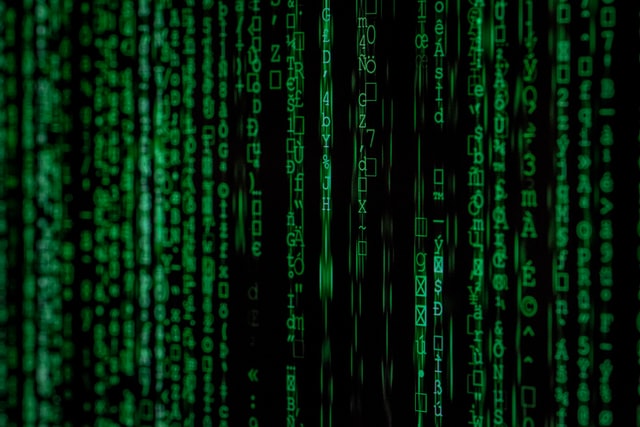Open-Ended Evolution IS AGI
 Genevis
GenevisOne of the biggest problems in AI, in ALife, and in origin of life models is: time complexity. Complexity.
- See a recent paper: The Timing of Evolutionary Transitions Suggests Intelligent Life is Rare
TL/DR: The time complexity of even a probabilistically-deterministic (i.e. non-deterministic) evolutionary algorithm just does not work. It almost never works. It's the largest setback in understanding life: the complexity to construct life is too large for any algorithm to do it in a timely (number of steps) manner from scratch.
This is one of the greatest challenges attempting to be solved by major sections of the computer science and biological research communities.
It's so difficult that it is (or at least should be) blatantly obvious to all researchers touching this area that modern computing hardware is beyond insufficient to make significant progress in this area. We need biocomputing and likely also need bio-computing controlled quantum computing e.g, protein-controlled / bio-molecule-controlled quantum computing (as almost no other QC attempts have come anywhere close to scalable at this point in time).
Until we get those things, there is quite literally: no hope. It's the fundamental paradox of biocomputing that must be aggressively overcome: to understand life we need to be able to compute it, and to be able to compute life we need to be able to understand it.
Algorithms
If we assume the origins of life are through open-ended evolution then we begin our search for artificial life by attempting to improve open-ended evolution algorithms.
But, if we assume the origins of life are via intelligence, as is often termed "intelligent design", then our search would be an improved AI algorithm that could design artificial life forms with some degree of 'efficiency' and 'creativity' (however those terms would be formally defined).
What's the difference? Fundamentally, there is no difference. The search for a sufficiently efficient and diversified open-ended evolution algorithm that could generate artificial lifeforms, and the search for an AI that could do it is so vaguely differentiated that it is arguable that there is no fundamental difference.
For example, what is an open-ended evolution algorithm? It's a state space search. And, what are the most advanced AI algorithms? RL algorithms which are also well-designed state space traversal/search algorithms. There is no strong (read: any) theoretical difference.
Biology
In relation to biology, how do we argue evolutionary origins versus intelligent design origins? Often it boils down to a simple question: if intelligent design is the source of biology (and possibly the Universe), then where did the intelligent designer(s) come from?
But this question is purely philosophical. We could go on and on about the turtles all the way down in the origins of the origins of the origins of everything. Often, "intelligent design models" as found in religion, provides a halting mechanism via an (set of) intelligent designer(s) that are effectively an infinite-existence originator.
That's it. That is all we have in terms of existence-origin philosophies. Either: make your origin steps infinite, or halt at a desired infinite originator step. It's not necessarily a profound philosophical choice but it is a choice nonetheless.
The problem with this purely philosophical line of reasoning is that it does not attempt to focus on the immediate implications of choice of an existence algorithm. In other words: it does not focus on the how we are here. It instead purely focuses on the what brought us here. It is actually quite easy to label the what with a name such as "evolution" or "intelligence". It is much much more difficult to say: ok, but how exactly did the origins of our existence occur?
It is the search for this question that makes artificial life research stand out.
And what is fascinating to me is that any constructivist theoretical model of life brings you back to the same conclusion: some algorithm/program of such "brilliance" is required such that time-complexity itself is defeated and we (and all life now and before us) exist/have existed.
The Paradox of Biocomputing: to understand life we need to be able to compute it, and to be able to compute life we need to be able to understand it.
References
Always remember that Johnny von Neumann knew more than you and he died more than half a century ago. Wow, are you stupid. Here is some light reading that might help.
Subscribe to my newsletter
Read articles from Genevis directly inside your inbox. Subscribe to the newsletter, and don't miss out.
Written by

Genevis
Genevis
Theoretical Biology Research.